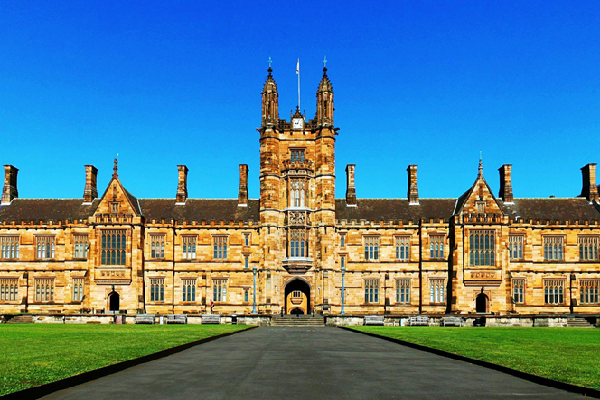University of Sydney Researchers Receive Australian Government Grants
Researchers at the University of Sydney have been awarded $11 million through the Australian Government’s Partnerships for a Healthy Region grant to explore communicable disease control improve surveillance and address antimicrobial resistance. in the Asisa-Pacific region.
The grant was announced by Senator the Hon. Penny Wong on World Health Day 2024.
Partnerships for a Healthy Region is an Australian Government initiative that works with governments and civil society organisations in the Pacific and Southeast Asia to build resilient, equitable and inclusive health systems that can respond to our shared health challenges, including the increasing risks of climate change.
The funding has been secured by researchers from the Sydney Infectious Diseases Institute (Sydney ID) and the Sydney Southeast Asia Centre (SSEAC) to support health systems across the Asia-Pacific region.
Under this initiative, researchers will engage in partnerships with Ministries, governmental agencies, multilateral and regional bodies, product development partnerships, and prominent health institutions spanning across Australia, the Pacific, and Southeast Asia.
Professor Joel Negin and Dr Aaron Jenkins will spearhead the advancement of the WISH-Fiji partnership in Fiji working at the intersection of ecology and health
Professor Greg Fox and Associate Professor Justin Beardsley will focus on tackling the health challenges of tuberculosis, antimicrobial resistance and chronic lung disease in Vietnam.
They will also work with Dr Alvin Teo to reduce tuberculosis transmission in Cambodia.
Professor Ben Marais, Director of Sydney ID along with Professor Warwick Britton will lead tuberculosis and leprosy elimination initiatives in Kiribati with funding secured by the Centenary Institute, an independent medical research institute affiliated with the University of Sydney.
Professor Robyn Ward AM, Executive Dean and Pro Vice-Chancellor Faculty of Medicine and Health congratulated the recipients.
“This funding will enable our researchers to expand successful projects that build on key partnerships in the Asia-Pacific region,” said Professor Ward.
“I look forward to seeing our relationships with regional partners and local communities find impactful solutions with global relevance.”
Securing health in Fiji through strengthened health systems and integrated water management
Professor Joel Negin and Dr Aaron Jenkins co-lead the WISH-Fiji partnership which the Department of Foreign Affairs (DFAT) has funded over the past 4 years.
They will build on this partnership to deepen the project’s global leadership in improving human health and well-being in Pacific Island settings by reducing water-related disease, and increasing food security.
They will also address conservation challenges and foster more resilient and sustainable communities.
The team will also work with Dr Jacqueline Thomas from the School of Civil Engineering who will lead water-related analyses and laboratory projects for this partnership.
The partnership represents a collaboration between the University of Sydney, the Wildlife Conservation Society (WCS) and Fiji National University (FNU), with engagement by multiple Fijian ministries and communities.
Addressing antimicrobial resistance and tuberculosis in Asia Pacific
Professor Greg Fox and Associate Professor Justin Beardsley co-lead the University of Sydney Partnership in Vietnam and Cambodia to address antimicrobial resistance, tuberculosis and chronic lung disease.
“This program of research will involve the implementation of stewardship programs, adopting a ‘One Health’ approach to limit excessive antibiotic use across the Mekong region,” said Professor Fox, Director (Interim) of The Sydney Southeast Asia Centre.
The research will also improve the use of preventive therapy for drug-resistant tuberculosis in Vietnam and apply lessons learnt in Vietnam to improve tuberculosis case finding in Cambodia, led by Dr Alvin Teo.
Professor Ben Marais and Professor Warwick Britton will contribute to the elimination of tuberculosis and leprosy, in Kiribati.
This work will build on the MRFF funded PEARL study, which implemented a population-wide test and treat approach for tuberculosis, but expand it to include leprosy, hepatitis B and scabies.

